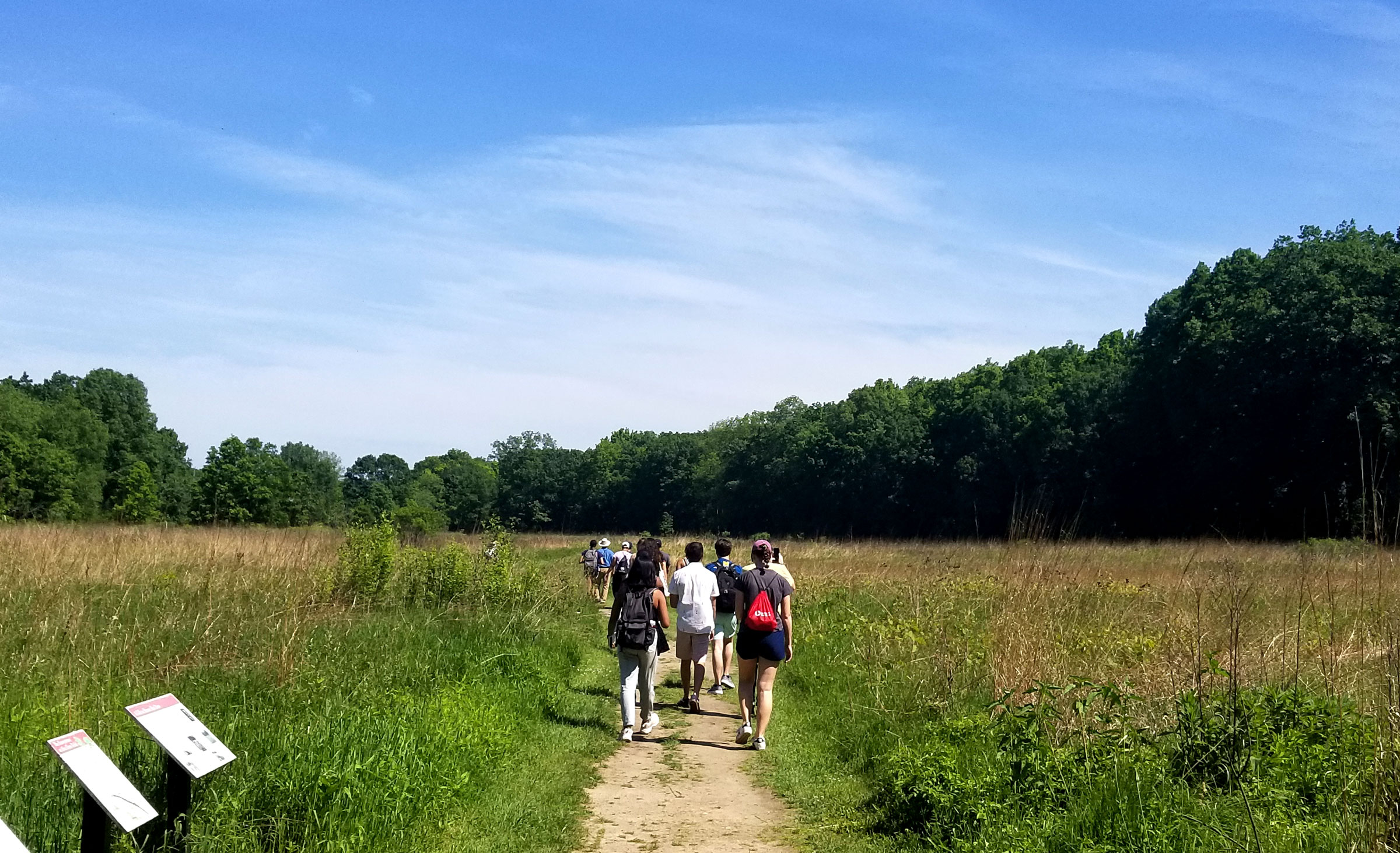Environmental Grantmaking
We conduct groundbreaking research on funding differences in the environmental sector. We investigate:
• Which organizations receive the most funding
• The demographic composition of organizations receiving funding
• The types of organizations funding environmental work
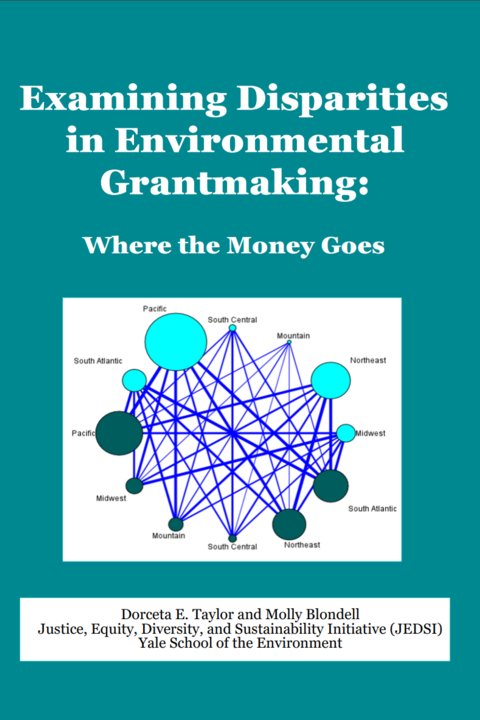
Environmental History
Our work analyzes the contributions of leading figures in the environmental sector. We highlight the experiences and contributions of people whose voices are often ignored in conservation narratives.
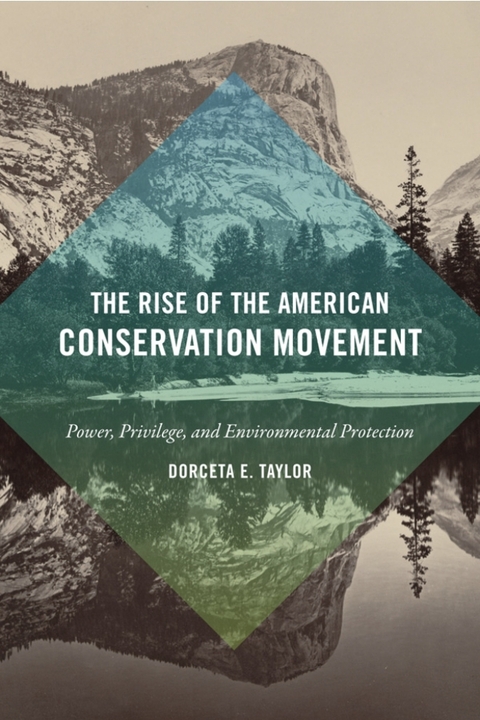
Environmental Justice
We study the current and historical environmental justice (EJ) movement and engage with EJ activists and communities. We examine environmental inequalities, resilience, and sustainability.
We research the occurrence of:
• Environmental hazards,
• Discriminatory policies and practices, and
• Document the existence of open space and other amenities in EJ communities.
We identify ways community resilience can help communities to thrive and foster long-term sustainability.
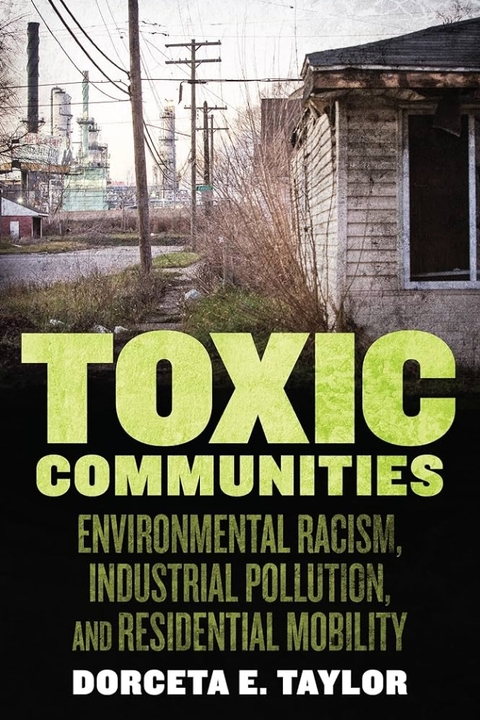
Food Justice
We research food and farming access, sovereignty, and food justice, including:
• Food systems,
• Food insecurity,
• Access to healthy and affordable foods,
• Food sovereignty and food justice.
We collect data on the types of food outlets in cities and study mechanisms that communities and groups use to enhance food sovereignty and reduce food insecurity.

Institutional Demographics
We produce pathbreaking research and publications on demographics in the environmental sector. Our research examines:
• Staff, board, and member demographics;
• Wages and equity in organizations;
• Recruitment and retention; and
• Leadership.
Our work focuses on leadership in environmental organizations and the broader environmental movement.
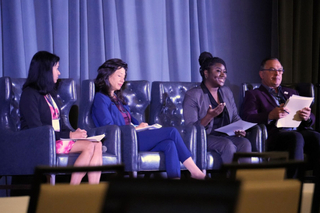
Urban
We research issues impacting U.S. cities. We investigate:
• Food accessibility, air pollution, and green stormwater infrastructure
• Land use and historical zoning policies
• Disparate impacts on different demographic groups.
Our work examines intersectionality, lived experiences, and social movements in urban settings.
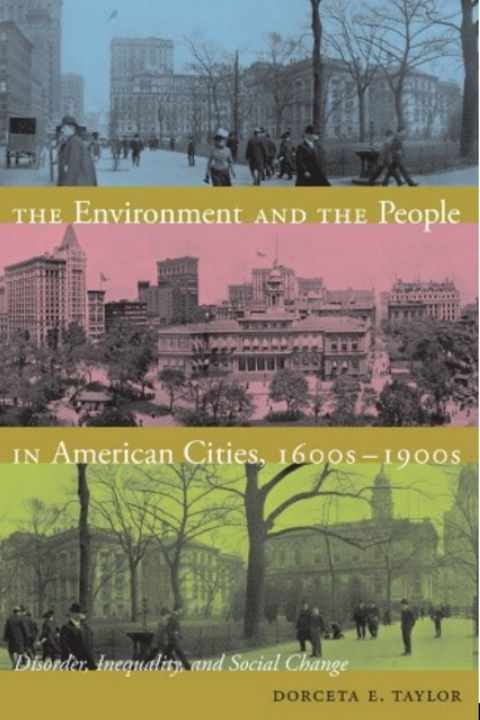
Green Infrastructure
We research stormwater infrastructure and other green infrastructure projects, including:
• Locations of urban flooding
• Green infrastructure impact on stormwater and flooding
• Demographic variables affecting green spaces, and
• Health impacts of green space access

Outdoor Experiences
JEDSI investigates the intersections of demographic differences with environmental attitudes and perceptions. This research helps:
• Policymakers,
• Organization leaders, and
• Activists understand:
• How people from different backgrounds and cultures experience, perceive, and relate to nature and the outdoors.

Environmental Fellows Program
12-week internship for graduate students. Fellows intern at environmental foundations or nonprofits and receive a $12,000 stipend.
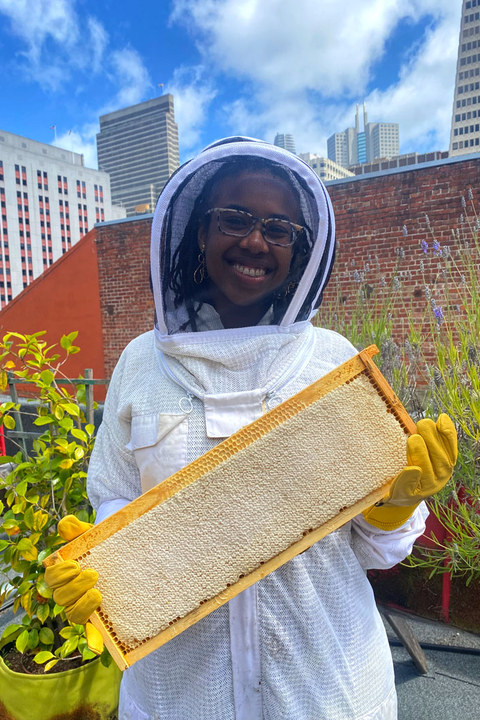
Yale Conservation Scholars - Early Leadership Initiative
8-week internship for undergraduates. Scholars intern at environmental nonprofits, research organizations, or governmental organizations and receive an $8,000 stipend.
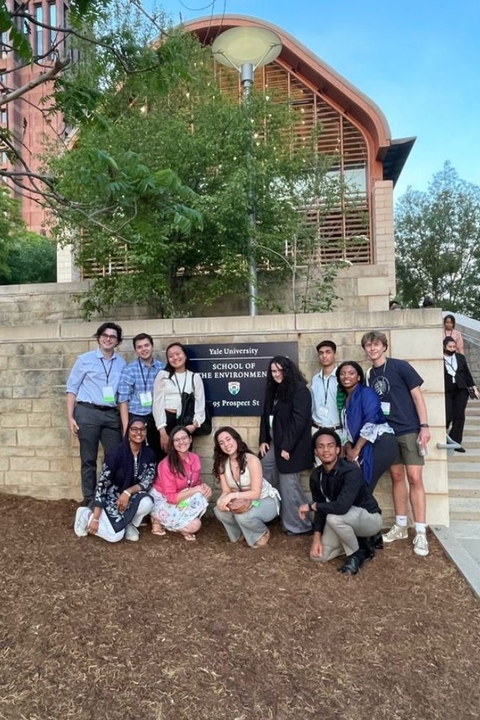
JEDSI profiles environmental professionals with outstanding careers in the environmental sector. Our growing database contains more than 200 individuals, with hundreds more coming soon. The profiles highlight different paths to senior leadership positions. Looking for a mentor? Use the database to find and connect with professionals.

New Horizons in Conservation Conference
An annual gathering, New Horizons seeks to advance leadership in the environmental sector. New Horizons is for:
• Students and professionals from different backgrounds in environmental conservation
• Individuals committed to environmental leadership.
New Horizons features:
• Networking
• Professional development workshops
• Field trips to leading organizations
• Opportunities to learn from sector leaders
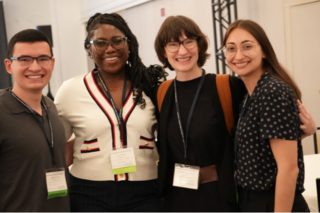
Subscribe to the JEDSI email list!
Be in the know about all our latest updates, including our internship programs, the New Horizons in Conservation Convening, and more!
